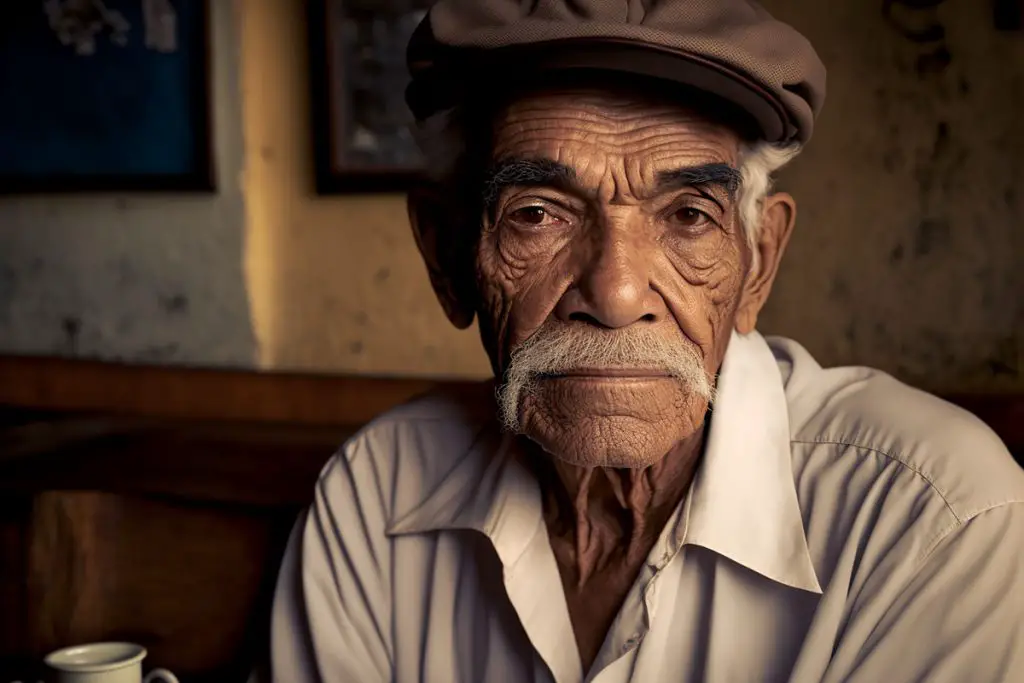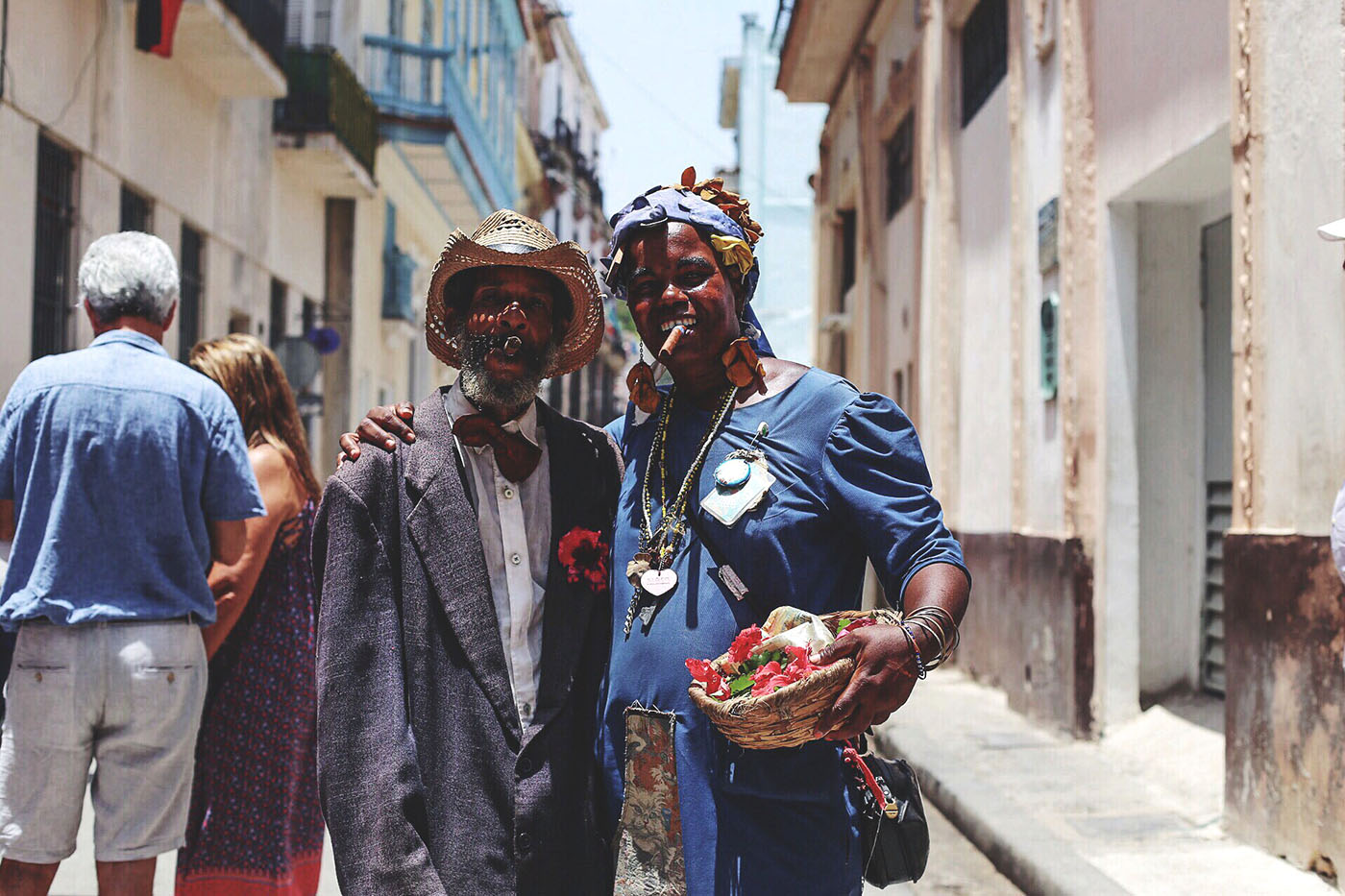Cuba is hot right now. And we’re not just talking about the weather. With all of the recent changes in Cuba policy, it seems like everyone is trying to figure out how to travel there legally. Well, don’t worry: we’ve got you covered.
Despite the restrictions on travel to Cuba that have been in place for over half a century, American travelers have found ways to visit the island nation for decades. In recent years, however, the number of American visitors has exploded, thanks in part to the loosening of restrictions by the U.S. government.
The most popular category of travel is “Support for the Cuban People.” Your travel under “Support for the Cuban People” is authorized by a general license. This means you do not need to request permission from the U.S. government or obtain any physical document from the U.S. government at any time.
A general license is based on the honor system, however, the U.S. government reserves the right to audit your travel, meaning they can request that you provide your legal itinerary and receipts.
Despite these potential hurdles, thousands of Americans travel to Cuba each year under the “Support for the Cuban People” program, and many more are eager to take advantage of this unique opportunity to visit a country that has long been off-limits to most U.S. citizens.
In this blog post, we’ll go over the 12 Categories of Authorized Travel to Cuba and explain what you need to know about them.
What exactly are the 12 travel categories?
Americans can visit Cuba via any of the following 12 categories:
Family Visits

Use this general license category if you are going to Cuba to visit close relatives. The definition here means that it can be your family by blood, adoption, or by marriage. You must have an ancestor not more than three generations apart.
Journalistic Activity
They grant access to and support journalistic activities, especially those that involve technical personnel or freelance journalists who have experience in the field.
The people in Cuba are so welcoming to any media opportunity; they really want you to cover their stories.
Professional Research and Meetings
Cuba is a fabulous country to visit if you are looking for research opportunities. There, especially in Havana can find many conferences and events that will be of interest not only to researchers but to anyone with an affinity toward travel or knowledge-based industries.
Educational activities
The government allows students and professors to travel under this category, which means you can go on educational trips too! This license does not permit you to attend a Cuban university.
Religious Activities
If you belong to a religious organization (either as a staff or a member), you can use this general license category to visit Cuba. Just make sure that you got your schedule of religious activities ready.
Public Performances, Clinics, Workshops, Exhibitions, Athletic and Other Competitions
This category is for anyone who wants to travel and perform or participate in sports events. This includes artists, musicians, etc., but usually also fans of these respective teams or artists.
Support for the Cuban People
This general license is the most popular of the 12 categories of authorized travel to Cuba and is based upon the honor system, but the U.S. government still reserves the right to audit your travel if requested. All they would need is your legal itinerary and receipts as proof (so make sure to keep them).

This type of travel allows you to support the Cuban people by spending your money on their economy instead of Line 1 of their government, which benefits only a select few individuals.
You’re also able to more directly support independent Cuban businesses and civil society organizations that are working to improve life for the Cuban people. When you visit Cuba under this category, you help promote people-to-people contact; expand economic opportunity, and support civil society in Havana and throughout Cuba.
Humanitarian Projects
There are a lot of sub-categories in this category. There is medical care as well as environmental projects. Educational training, adult literacy, the development of small-scale enterprises, and many others, are all part of this category.
Each sub-category has its own unique challenges and opportunities. For example, medical care must take into account the needs of a wide range of patients, from those who are critically ill to those who simply need a check-up.
Environmental projects must balance the need to protect the environment with the need to provide people with access to essential resources. Educational training must ensure that students receive an education that meets their needs and prepares them for the real world.
And adult literacy programs must help adults learn the skills they need to function in society.
Activities of Private Foundations, or Research or Educational Institutes
If you’re interested in collecting information related to non-commercial purposes in Cuba, you can travel there under this category.
Once you’re in Cuba, you’ll be able to collect information through a variety of means, including observations, interviews, and research in libraries and other archives. Keep in mind that you’ll need to comply with Cuban law while you’re there, and you may be subject to government restrictions on your activities.
But if you’re interested in learning more about Cuban culture and history, traveling under this category can be a great way to visit Cuba.
Official Business of the U.s. Government, Foreign Governments, and Certain Intergovernmental Organizations
The United States Government has officially granted permission for its contractors, employees, and grantees to travel abroad on behalf of them if they are going there in an official capacity. This includes any other foreign government or intergovernmental organization that the US may be part of as well.
Exportation, Importation, or Transmission of Information
If you are planning to travel to Cuba in order to do anything related to the publishing, music, or film industries, this is the general license for you.
Authorized Export Transactions
This general license is only available to authorized export transactions.
Summary
When traveling to Cuba, it’s important to be aware that US credit and debit cards will not work. You’ll need to bring enough cash to cover your entire trip. There are a few ATM machines in Havana, but you probably don’t want to stick your card in them.
If you for any reason do not fall in under one of the above-mentioned 12 categories of authorized travel to Cuba, you will have to get a Cuban visa in order to cross the Cuban border.

